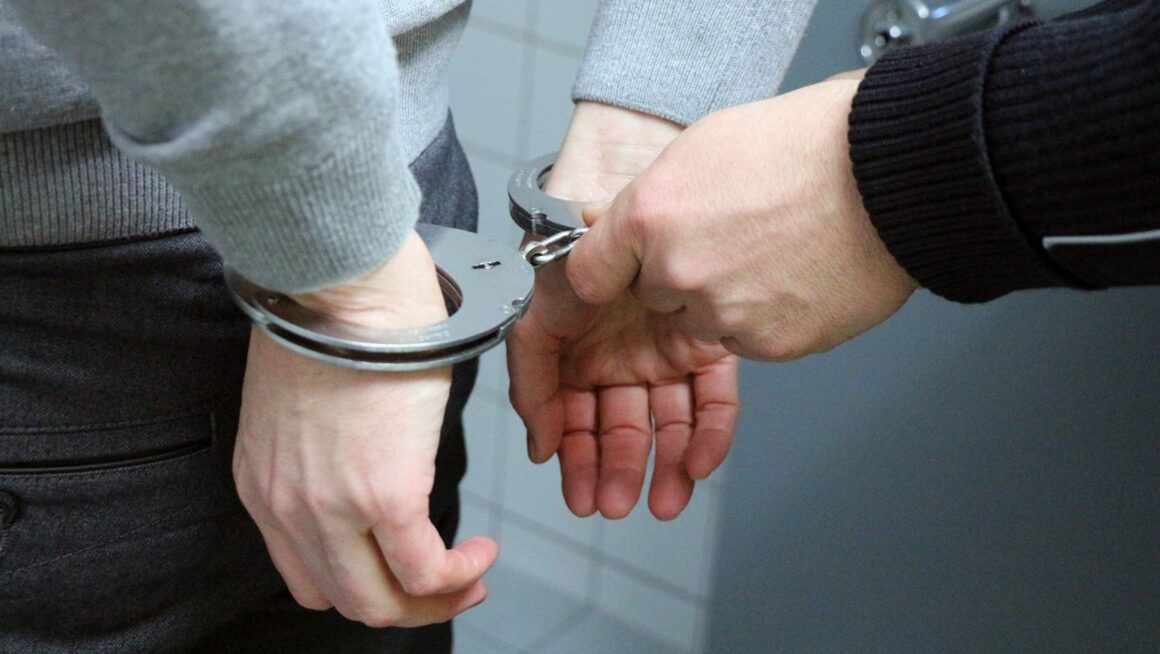Criminal acts affect everyone in society in one way or another, so it cannot be just a fight between the offender and the victim alone. It can address or influence large groups, including the social structure and well-being of people within a society.
Therefore, in this article, we will discuss the significance of understanding how crime can impact your environment and how crime influences our society.
Crime’s Unseen Impact, the Ripple Effect
Criminal activities are the relevancy of knowing how crime can affect your surroundings in what can be termed a ripple effect that starts with the offense. This leads to creating a culture of fear and insecurity among the residents, eroding trust and harmony in society. Crime impacts many facets of a person’s life, including tangible effects such as property depreciation and intangible ones such as mental health.
Crime’s Toll on the Wallet and Economic Impact
This is considered to be one of the major indirect impacts of crime on society—through the effect it has on the economy. This is so because high crime rates are likely to discourage investors and entrepreneurs from establishing business activities within a region, thus resulting in poor employment and economic expansion. Furthermore, the crime prevention and suppression expenses can create a significant workload and substantial expenditures for local governments and taxpayers.
Social Cohesion & Trust
Crime is a violation of social capital since it negatively affects the cohesiveness and trust within a society. Suppose residents of a given area are insecure. In that case, they will not be comfortable approaching other people who live in the area, nor will they be comfortable taking part in the activities that go on within the neighborhood.
Another relevancy of knowing how crime can affect your surroundings is that the consequences of breaking social bonds can be the exclusion of people and a feeling of isolation among them.
Crime’s Mental Scars and Sociological Impact
Firstly, it is imperative to discuss the psychological aspect of criminal acts, as they are a critical element that shapes crime in society. It is, therefore, important to point out that crime victims go through traumatic events that make them even develop “fear” and “anxiety,” which definitely affect their mental health. However, the relevancy of knowing how crime can affect your surroundings and occurrences within the context of the neighborhood might also increase the level of stress and a general sense of personal safety.
Disruptions to Education and Crimes in Schools
Criminal activities may have various effects, such as affecting the quality and overall health of people. It has been established that high-crime areas are often characterized by the absence of good healthcare facilities, resulting in inequality. Furthermore, due to the stress and trauma experienced by individuals living in a crime-prone area, their physical and mental health may also be affected.
Health Effects of Crime: a Vicious Cycle
Criminal activities, the relevancy of knowing how crime can affect your surroundings, can have serious consequences for the physical and mental state of the population. The nature of the population residing in high-crime locations is that they do not have convenient access to quality healthcare facilities, thereby resulting in variability when it comes to health. Further, the conditions that arise from living in crime-prone neighborhoods, such as stress and trauma, can lead to worse physical and mental health.
Empowerment of Communities and Resilience
Finally, regarding the crime issue, there is still hope that communities possess the ability to take action and make the world a better place.
The community can only work as one to address crime-related issues, foster unity, and collectively help each other during adversity. Community enhancement must be ensured in order to reduce the effects of crime and instill togetherness and strength among individuals.
Conclusion
Crime impacts practically every sphere of life and affects economic growth, cohesion, mental health, education, and overall wellness. This way, the community as well as individuals can ensure they embrace safer, healthier, and safer living since they fully understand the consequences of crimes in our society. It is important that everyone in society have some understanding of crime and take part in the prevention and combating of crime.







